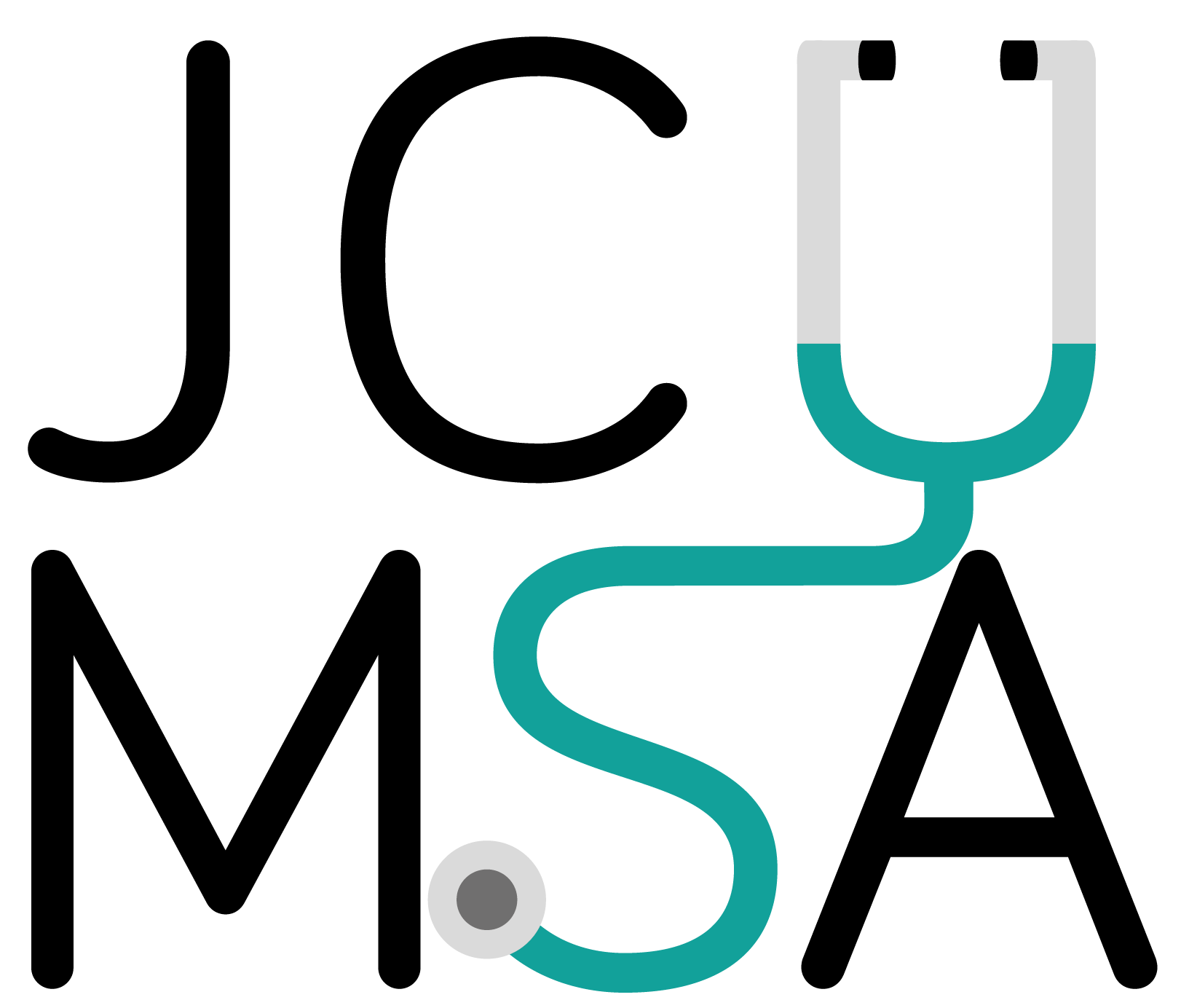Semester 1:
- Infection, Inflammation and Immunity (III)
- Tissue Injury and Neoplasia (TIN)
- Preventative Medicine and Addiction Studies (PAS)
- Selective subject – student’s choice, with College’s ratification
Semester 2:
- Emergency Medicine (EM)
- Skin and Special Senses (SSS)
- International Health (IH)
- Infectious Diseases (ID)
It’s been said that Semester 5 is the hardest one of the pre-clinical years but the workload has recently been reduced with the introduction of the selective subject! This provides students an opportunity to study areas that would not normally be allowed in the course. As this is the only time students can pick their subject, students are advised to choose wisely.
Semester 6 is more clinically-focussed again, and equips you with knowledge to be able to make real life applications. If you’re interested in making a difference, fighting poverty or working overseas, International Health is a great introduction to some of the central health issues. Infectious disease ties in quite nicely with IH, Emergency Medicine is all about the interesting (i.e. clinical) aspects of the previous subjects you’ve experienced along with treatment, while Skin and Special Senses introduces you to the common skin conditions that you’ve probably heard about but never quite understood, as well as ENT and ophthalmology.
Much to the dismay of many, recalling information from previous subjects – even those in Med 1 – is vital. You will have to go back and revise it, particularly MSK.
In terms of the selective subject, available subjects can be divided into two categories: medicine and non-medicine subjects.
Non-medicine subjects include a variety of subjects from other faculties, such as Economics for Business, Legal Concepts and Astronomy. Students also have the opportunity to do a 1 – 2 week intensive Block subject such as entrepreneurship or photography in order to free up the semester. There is also the possibility to do online external courses such as digital storytelling or introduction to counselling. Students must be aware that some subjects require pre-requisite knowledge and that if there is a timetable clash, the MBBS class must take precedence.
Medical subjects include dissection, human rights and health, introductory bioethics, management in health, medical imaging and tutoring in health. Class availability depends on the number of students applying to study the subject. In the event that there are too many applicants, a ballot will be drawn to determine one’s place in the subject. As these subjects are run by the College of Medicine and Dentistry, there will be no need to fear a timetable clash.
Assessments: There is more weighting on clinical skills than there have been in previous years, as well as less on exams. End-of-semester exams are only that specific semester, except for MSAT at the end of Semester 6, which as the only MSAT for the year incorporates both semesters. There is an integrated assignment to complete in each semester. Make sure you get a start on it early on because you don’t want to leave it to the last week! As usual, there are Professional Portfolio items.
Placements: there is a 2-week acute care elective at the end of the year. You can opt for it to be school arranged for all 5th/6th year sites – Townsville, Cairns, Mackay, Darwin – but there are specific dates to start, and the preferences are due by Week 2 of SP2. The alternative is organising it yourself, where the due date is the end of August.
When do we know stuff about Year 4?
It is decided very early on in the year. Campuses (Townsville/Cairns) for Year 4 are determined during the first week of April. Rural terms and hubs (i.e. North/West/South/Central) are decided a couple of weeks after that, but you won’t know which exact site you go to until a few weeks before you actually leave for it.
